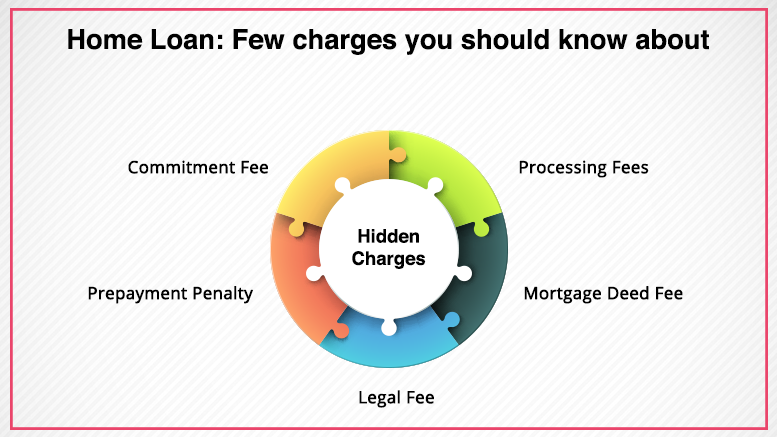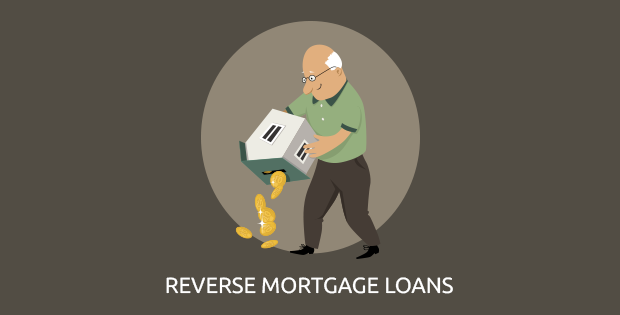
- About Us
- OUR OFFERINGS
- CALCULATORS
- RESOURCE CENTRE
-
Quick Links
- Existing Customers Benefits
- Become a Partner
- Pre-Approved Projects
- Home Loan App
- Blog
- CSR
- Locations
- Roi Switch Policy
- Co-Lending Policy
- Co-Lending Partnerships
- Customer Sensitization Program
- ROI Range
- Borrower Education - SMA/ NPA classification
- Borrower Awareness - RBI Ombudsman Scheme
- Borrower Awareness - procedure for handover of property documents
- NEWS CORNER
-
INVESTOR RELATIONS
- Financial Reports
- Investor Presentations
- Annual Reports
- Notices
- ESG Profile
- IEPF
- Investor Call Transcript
- Corporate Announcement
- Public Issue of NCD'S
- Qualified Institutional Placement
- Investor Relations Contact
- Familiarisation Programmes
- ISO CERTIFICATIONS
- Forms for Shareholder KYC-PAN-Nomination update
- Credit Ratings
- Statutory Advertisements
- ODR Portal
- Rights Issue
- Sustainable Financing Framework
- CONTACT US
- Login
 Apply
ApplyOnline

India's 1st Completely Online Home Loan!
-
e-APPLY
-
e-SANCTION
-
e-DISBURSE
Start your eHome Loans Process Now!
Apply OnlineThings you need to know about taking a home loan in your 60s

- Jan 15, 2019
- VIEWS: 4727
When it comes to buying a home, it is easy to get a home loan when you are young. Lenders are more than happy to finance your dream home because they are confident that you have years of employment ahead of you and that your regular income can help you pay your EMIs seamlessly. However, as you get older, it becomes difficult to find the finance for your dream home. That saiit is never too late to become a home owner. If you are a senior citizen and are ready to become a home owner, banks, non-banking finance companies and housing finance companies can help you fulfil your dream of owning a house. However, home loans for senior citizens come with certain conditions. Here’s what you need to know about taking a home loan in your sixties.
You need to check your eligibility: As we mentioned above, availing a home loan as a senior citizen isn’t as easy as when one is younger. Yet, there are lenders who are happy to provide home loans as long as the loan is repaid before the borrower turns 70 to 75 years old when the loan tenure ends. This simply means that if you are above the age of sixty when you apply for a home loan, then the maximum loan tenure provided by lenders is 10 to 15 years at best. Also, the loan amount granted to senior citizens is comparatively lower as compared to loan applicants belonging to lower age groups, whereas the EMI may be higher owing to shorter tenures. For instance, a lender may cap the loan amount to a maximum of ?30 lakhs or approximately 50 times the monthly pension of the borrower, whichever is lower.
Your repayment capacity is examined: The lender may lay down certain condition towards loan repayment. For instance, a common condition on home loans for senior citizens is that the EMI be less than 40% of the borrower’s monthly pension. Another lender may prefer income sources such as a senior’s rental income (from another property) as the primary source of income as opposed to the monthly pension income. Lenders basically check the repayment capacity of both, the principal applicant and the co-applicant (if listed) before approving the loan. Both borrowers’ fixed obligation to income ratio or FOIR i.e. the proportion of income being paid towards credit card payments and other loan EMIs are considered. In case the FOIR exceeds 40% to 50%, the chances of loan approval can diminish.
Your credit scores are considered: Whenever you apply for a loan, the lender asks to see your credit scores. This is a basic formality that all lenders conduct before approving a loan. Each time you apply for a loan, and it is rejected, your credit scores are affected. Even if you have good credit score, are paying your credit card debt and other loan EMIs on time, multiple loan applications can harm your scores. In order to avoid hurting your credit scores, you must check if you are eligible for the loan before applying. You can use online loan eligibility calculators and check your eligibility before applying for a home loan. This improves your chances of getting a loan without affecting your credit scores.
You can benefit from taking a joint home loan: Senior citizen home loans are often approved when they are taken as joint loans. Lenders are typically hesitant of lending to senior citizens owing to income constraints and the uncertainty of life span. When you take a joint home loan with an earning member of the family, who has a stable income and you list them as your co-applicant, the chances of your loan being approved increase. Also, you could consider making a female family member; your wife/daughter as the principal loan holder. This could result in the interest rates on the loan amount being lowered.
Consider a lower loan to value ratio: Home loans for senior citizens are often approved for individuals who choose a lower loan to value or LTV ratio. When you opt for a lower LTV ratio, you are basically opting to make a higher down-payment amount, and taking on a smaller amount as loan. LTV simply refers to the proportion of the house/property that is financed by the lender. For instance, most borrowers take 80% finance and make a down payment of 20%. Opting for a lower LTV ratio often increases your loan eligibility, especially in cases of senior citizen home loans.
No Comments
Subscribe
Most Viewed Blogs
Categories
- Home Loans Guide 125
- Home Renovation Loan Guide 3
- Home Loan Transfer Guide 14
- Home Extension Loans Guide 1
- Loan Against Property Guide 28
- Home Loan Interest Rates Guide 2
- Others Guide 8
- Home Decor & Lifestyle Guide 5
- Plot Loan Guide 3
- PMAY Guide 5
- Uncategorized Guide 1
- NRI Home Loans Guide 5
- Financial Resolutions Guide 1
- New Year Resolutions Guide 1
Archives
- Mar 2020
- Jan 2020
- Nov 2019
- Jul 2019
- Jun 2019
- May 2019
- Apr 2019
- Mar 2019
- Feb 2019
- Jan 2019
- Dec 2018
- Nov 2018
- Jul 2018
- Jun 2018
- May 2018
- Apr 2018
- Mar 2018
- Feb 2018
- Jan 2018
- Dec 2017
- Nov 2017
- Oct 2017
- Sep 2017
- Aug 2017
- Jul 2017
- Jun 2017
- May 2017
- Apr 2017
- Mar 2017
- Feb 2017
- Jan 2017
- Dec 2016
- Nov 2016
- Oct 2016
- Jun 2016
- Apr 2016
- Mar 2016
- Feb 2016
- Jan 2016
- Dec 2015
- Nov 2015
- Oct 2015
- Sep 2015
- Aug 2015
- Jul 2015
- Jun 2015








